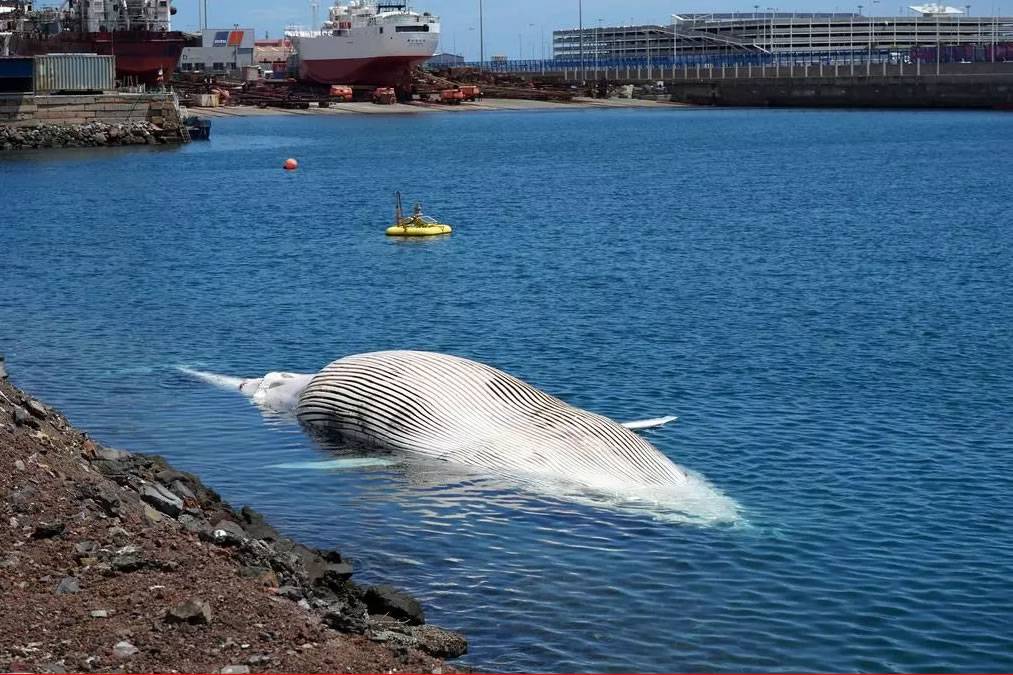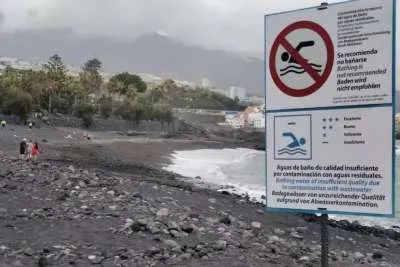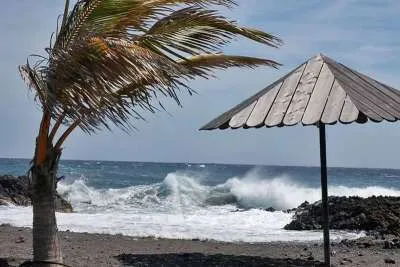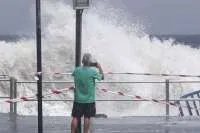16 metre dead whale discovered off the coast of Gran Canaria
- 07-05-2025
- Gran Canaria
- Canarian Weekly
- Photo Credit: Acfi Press
A 16-metre fin whale (Balaenoptera physalus), the second-largest animal on the planet after the blue whale weighing approximately 15 tonnes, has been found dead in waters near Gran Canaria.
It was spotted by a merchant ship approximately 5 kilometres east of the Port of San Cristobal on Monday afternoon (5th May), prompting an immediate response from authorities and marine wildlife experts.
The whale was towed to the Port of Las Palmas by the Salvamar Nunki maritime rescue boat at around 2:00p.m. and was initially secured by experts from the Canary Islands’ Wildlife Recovery Centre. Yesterday morning, Tuesday, the carcass was lifted from the water by crane for a necropsy to be performed to determine the cause of death.
A Vulnerable Species Facing Ongoing Threats
The fin whale, also known as the finback whale or common rorqual, is classified as a vulnerable species by the International Union for Conservation of Nature (IUCN). Historically targeted by commercial whaling, global populations declined sharply throughout the 20th century.
While no longer widely hunted, these whales continue to face serious threats, including collisions with ships, underwater noise pollution, and plastic pollution.
This incident is not an isolated case in the Canary Islands. The archipelago, a biodiversity hotspot in the Atlantic, is frequented by dozens of cetacean species, including fin whales. Their presence is a sign of the ecosystem’s richness, but also highlights the region's vulnerability to human activity at sea.
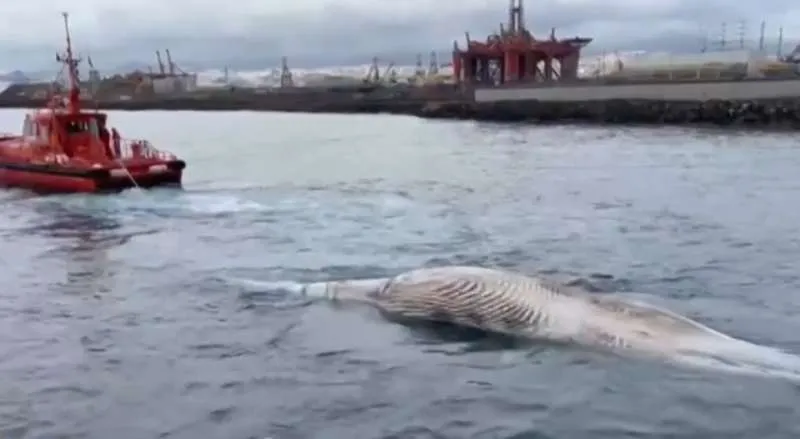
Scientific Investigation Underway
According to the Canary Islands' Department of Ecological Transition, a full necropsy will be conducted in collaboration with marine biologists, veterinarians, and cetacean conservation experts. The examination aims to determine the whale’s general health, diet, reproductive history, and the presence of internal or external injuries that could explain the cause of death.
Ship Collisions: A Growing Concern
Beyond its scientific value, the investigation could provide vital insights for improving conservation strategies. Authorities emphasised that ship strikes remain a significant and growing threat to large whales worldwide, and that better regulation of maritime traffic is essential to reducing fatalities.
This tragic discovery serves as another stark reminder of the continued impact of human activity on marine ecosystems, even in protected waters. The necropsy results, expected in the coming days, may help identify the cause of death and inform future efforts to protect these giants of the ocean.
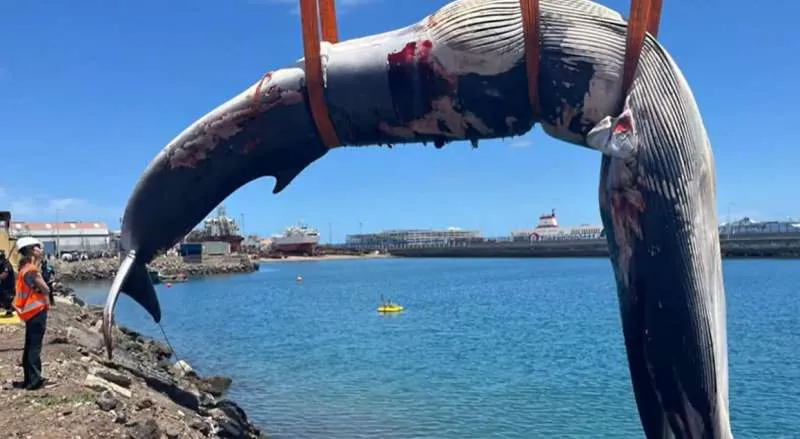
Other articles that may interest you...
Trending
Most Read Articles
Featured Videos
TributoFest: Michael Buble promo 14.02.2026
- 30-01-2026
TEAs 2025 Highlights
- 17-11-2025


